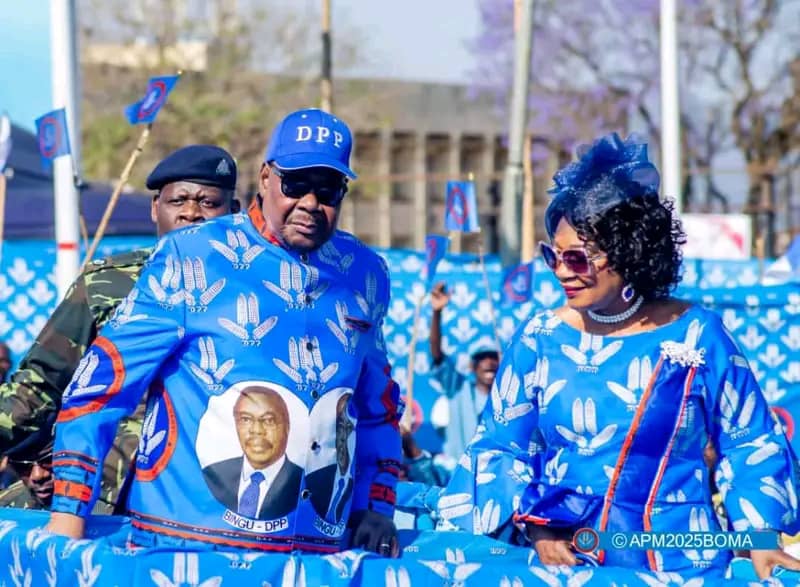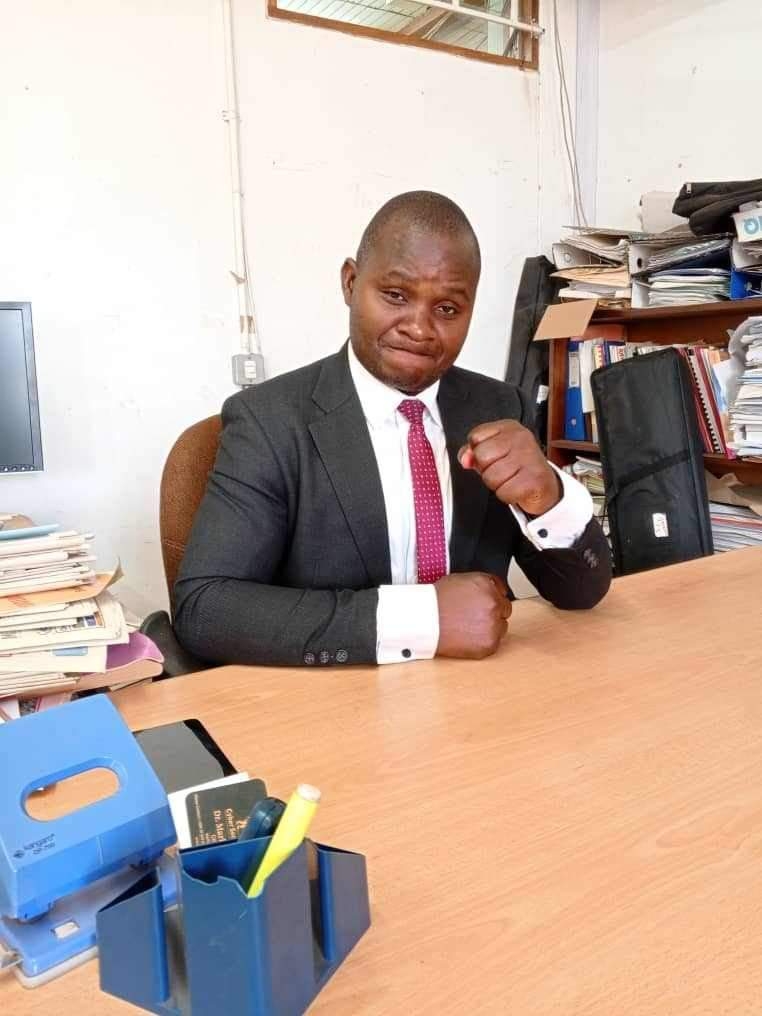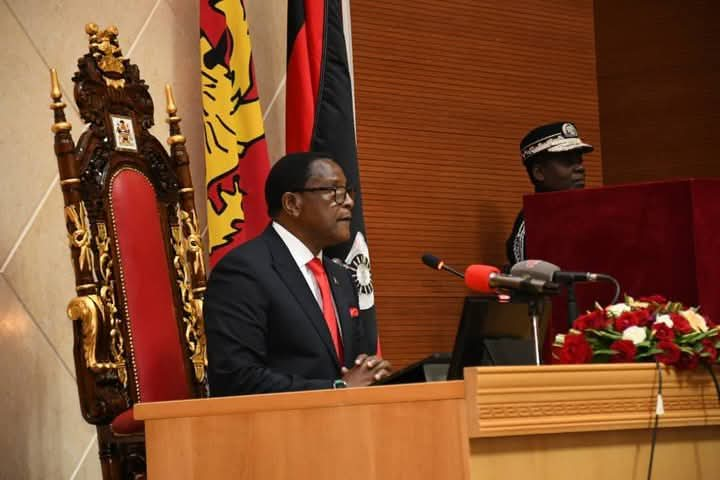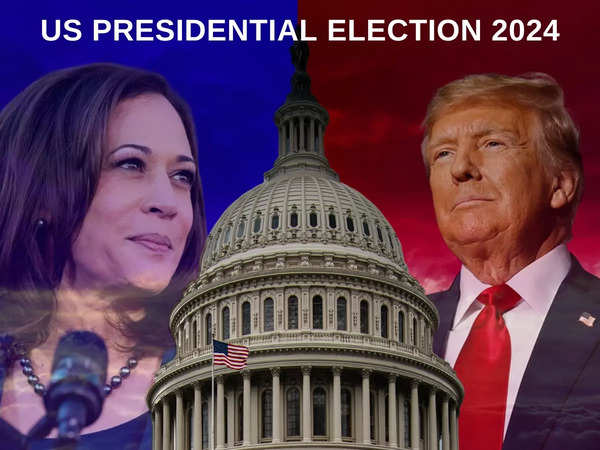By Burnett Munthali
The governing Malawi Congress Party (MCP) has recently leveled a serious accusation against opposition Democratic Progressive Party (DPP) leader, Peter Mutharika, alleging that he is mobilising youths to stage nationwide protests against the national identity (ID) card registration system. This development has stirred the political waters in Malawi, as both parties prepare for the next general elections. The accusation speaks to the growing tension between the two political giants and reveals deeper concerns about voter registration and political mobilisation in the country.
At the heart of the dispute is the national ID card system, which is fundamental to Malawi’s electoral process and public services. The ID card not only allows citizens access to various governmental services but is also a prerequisite for voter registration. The MCP views the protests as an attempt by Mutharika to undermine this crucial process, potentially creating instability and weakening the government’s credibility in the lead-up to the elections. However, the DPP and its supporters argue that the registration system is flawed and may be manipulated to favour the MCP.
The delay in the commencement of the voter registration exercise by August 2024 sparked a wave of criticism from the opposition Democratic Progressive Party (DPP), the UTM party, and the United Democratic Front (UDF).
According to the electoral calendar governing the 2025 general elections, released by the Malawi Electoral Commission (MEC), the voter registration exercise was scheduled to start this September 2024, but the electoral body instead said a new date would be announced in due course.
In April 2024, Malawi Law Society (MLS) said it was deeply worried with the recently amended electoral law which recognises exclusive use of the national ID as the only valid proof of voter eligibility for registration as this will deter most Malawians from voting.
In September 2024, a leaked WhatsApp message allegedly from Mphatso Sambo, the Principal Secretary of the National Registration Bureau (NRB), ignited a firestorm on social media, raising concerns over the deployment of newly recruited NRB staff and the potential involvement in election rigging.
According to the message, which has been widely circulated online, Sambo informed an unnamed government minister that the NRB had received instructions from the Office of the President and Cabinet (OPC) to deploy the new staff to the Southern Region. Sambo expressed his concern about the potential consequences of this move, particularly given that many of the recruits are reportedly members of the ruling Malawi Congress Party (MCP).
On 4 October 2024, Bon Kalindo, a well-known activist group in Malawi, raised serious concerns over alleged vote manipulation by the ruling Malawi Congress Party (MCP) ahead of the 2025 general elections. In a Facebook post, Bon Kalindo, also known as “The DC,” claimed that over 2 million Malawians have already “voted” for President Lazarus Chakwera without their knowledge.
Kalindo alleges that this fraudulent voting is being carried out using national identification cards (IDs) collected from rural areas under the pretext of providing food aid and loans. He also suggests that some IDs left behind at immigration offices are being used for the same purpose. According to his post, these IDs are being stored to facilitate rigging in the upcoming 2025 elections.
On 9 June 2024, Rick Dzida, a popular social commentator wrote and published an article with Malawi24 saying as Malawians look forward to the 2025 general elections, there are reports that the ruling Malawi Congress Party (MCP) is conspiring to rig the elections. The adverse effect of a rigged election is that deserving leaders are sidelined while incompetent and clueless ones are put in power.
It is against this background that this episode endeavors to expose 10 alleged MCP tactics in an attempt to rig the 2025 general elections.
1) Registration of Under-aged Children for National IDs in MCP Stronghold Areas
The Malawi Electoral Commission’s (MEC) announcement that no Malawian will be allowed to vote without a national ID has created unexpected pandemonium in the political fraternity.
From an audio clip that recently hit social media platforms, the National Registration Bureau (NRB) staff deployed in MCP stronghold areas, especially Lilongwe, were intimidated by MCP youth league mercenaries to force them to register under-aged citizens.
The context: Why the ID card system matters
The national ID card system in Malawi plays a critical role in ensuring that citizens are recognized by the state and can access their rights. The registration process for these ID cards is an essential element of governance, particularly in elections where proof of identity is required to vote. In this context, any disruption to the registration process could have significant implications for electoral integrity and public trust in the system.
MCP has emphasized the importance of the ID system, arguing that it is a non-political process designed to serve the interests of all Malawians. However, the DPP has raised concerns that certain groups, particularly those in opposition strongholds, may be disenfranchised by the system. These concerns form the basis of Peter Mutharika’s alleged mobilisation of youths to protest the perceived irregularities.
Mutharika’s strategy: Political mobilisation or genuine concern?
Peter Mutharika’s alleged actions could be seen as part of a broader strategy to galvanise his support base ahead of the elections. The youth, particularly those who feel economically marginalized, have historically been a powerful force in Malawian politics. Mobilising this group could serve two key purposes for the DPP: first, it would demonstrate opposition strength and highlight the party’s concerns about voter registration; second, it could destabilise the MCP, forcing the government to respond to protests and divert its attention from election preparations.
However, it is important to consider whether Mutharika’s concerns about the ID system are genuinely motivated by the need for electoral fairness, or whether they are politically opportunistic. By framing the protests around an issue as sensitive as voter registration, Mutharika could be seeking to gain public sympathy and position himself as the defender of democracy, while also eroding the MCP’s credibility.
The risk of political unrest
The accusation by the MCP that Mutharika is mobilising youths for nationwide protests has the potential to lead to widespread unrest. If the protests gain traction, they could escalate into violent confrontations between opposition supporters and state security forces, as has been seen in past political conflicts in Malawi. Such unrest would not only harm the country’s political stability but could also negatively impact the economy and social cohesion.
Moreover, political demonstrations around electoral processes are particularly sensitive. Any signs of violence or instability could undermine confidence in the upcoming elections, both domestically and internationally. The risk of protests is compounded by the fact that Malawi’s youth are dealing with high levels of unemployment and economic disenfranchisement, making them more likely to respond to calls for demonstrations against the government.
The MCP’s position: Safeguarding governance or political defensiveness?
For the MCP, the accusation against Peter Mutharika could serve as a warning to the DPP that any attempts to destabilise the government will not go unchallenged. The MCP has positioned itself as the guardian of the ID registration system, arguing that it is in place to ensure fairness and access to services for all citizens. By accusing Mutharika of mobilising protests, the MCP is framing the opposition’s actions as a threat to national stability.
However, the MCP must tread carefully in how it responds to this situation. Overreacting to the protests could give Mutharika and the DPP more political ammunition, as they could portray the government as being repressive and unwilling to listen to dissenting voices. The government’s challenge, therefore, is to balance maintaining order while addressing legitimate concerns about the ID system.
Conclusion: What lies ahead
The tension between the MCP and the DPP over the national ID card registration system is a reflection of deeper political divides in Malawi. Both parties understand the stakes involved, particularly as the country heads towards the next general elections. For the MCP, maintaining the credibility and efficiency of the ID registration process is essential to ensuring a smooth electoral process. For the DPP, highlighting any potential flaws in the system could offer a pathway to electoral gains.
As the situation unfolds, it remains to be seen whether the protests will materialise and what impact they might have on Malawi’s political landscape. One thing is clear, however: the battle over the ID card system is far from just a technical issue—it is a proxy for the larger contest between Malawi’s two dominant political forces.
About the author
Burnett Munthali is a political analyst and a journalist. He writes extensively on governance, political developments, and major national events.




